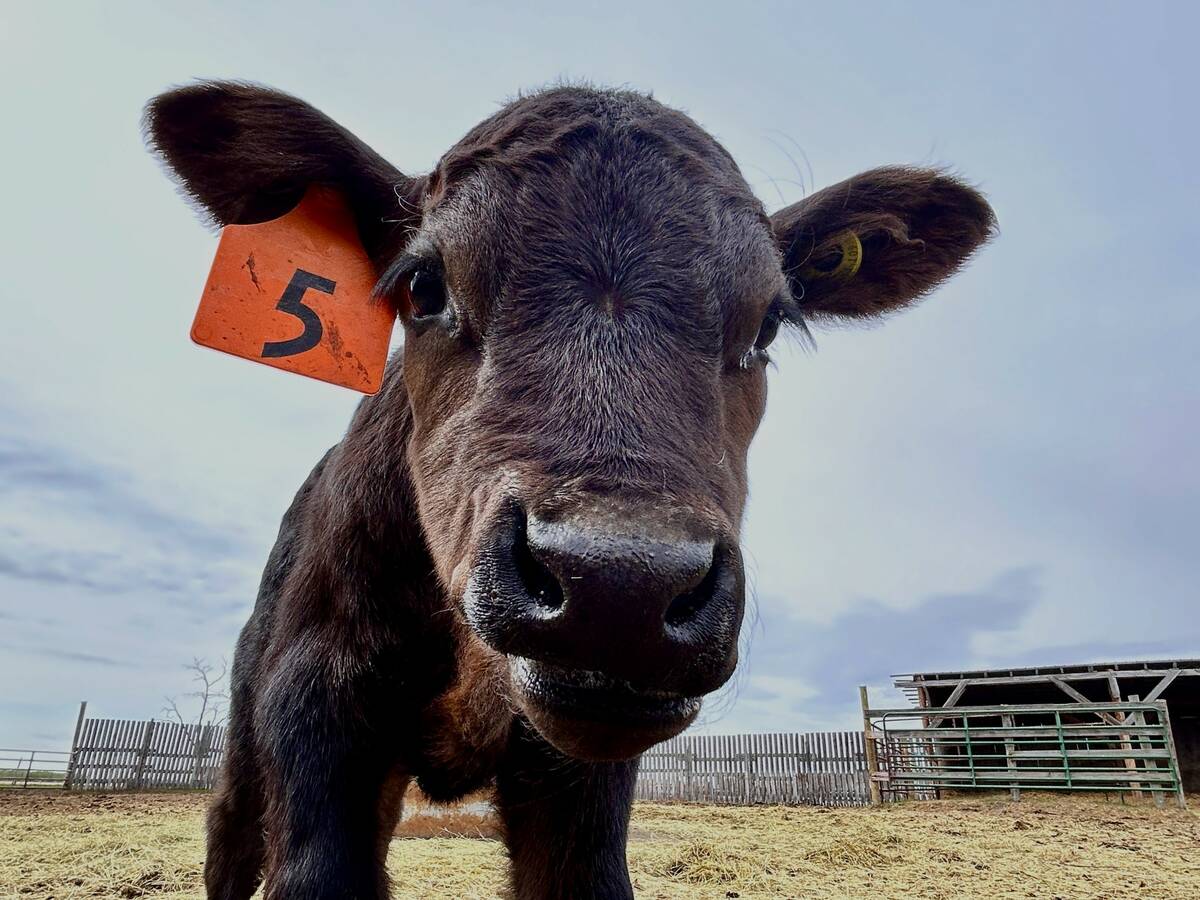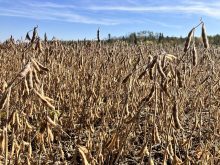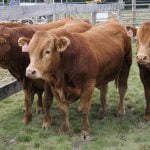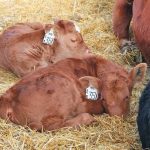Chicago | Reuters — Chicago Mercantile Exchange live cattle futures for April delivery, the most actively traded contract, firmed for the fourth day in a row on Wednesday on good end-user demand.
The contract hit an all time-high of 128.15 cents/lb. during Wednesday’s session but closed slightly below that peak (all figures US$).
The front-month February live cattle contract eased slightly but deferred contracts closed in positive territory.
Concerns about temperatures dropping to near-record lows across the U.S. Midwest on Wednesday added support to the market amid ideas that livestock producers will have a hard time maintaining animals’ weight.
Read Also

Health Canada stops sales of coccidiosis medication Deccox on procedural issue
Deccox, a medication to prevent coccidiosis in calves and other livestock, is temporarily off the market after Health Canada issued a stop sale order earlier this month.
“The impact of this cold ‘winter of mud’ will have a long tail, well into the spring before carcass weights normalize, and helps support futures even when spot cash markets have been none too impressive,” brokerage INTL FCStone said in a note to clients.
Feeder cattle futures followed a similar pattern, with the nearby January contract easing in thin trading as it nears expiration while deferred contracts rose.
CME March feeder cattle closed 0.005 cent higher at 144.3 cents/lb.
CME February live cattle dipped 0.325 cent to 126.15 cents/lb. and most active April cattle ended up 0.025 cent at 128.05 cents.
Hog futures eased amid lacklustre export demand. Traders had expected the outbreak of African swine fever in China would boost demand from the world’s biggest pork importer but extra sales have not materialized.
CME April hog futures, the most active contract, dipped 0.325 cent at 62.225 cents.
Tyson Foods canceled two shifts at a pork plant in Waterloo, Iowa, while Hormel Foods halted the hog slaughter at its processor in Austin, Minnesota, according to three people familiar with the operations. The companies did not respond to requests for comment on the closures.
— Mark Weinraub is a Reuters commodities correspondent in Chicago.
















